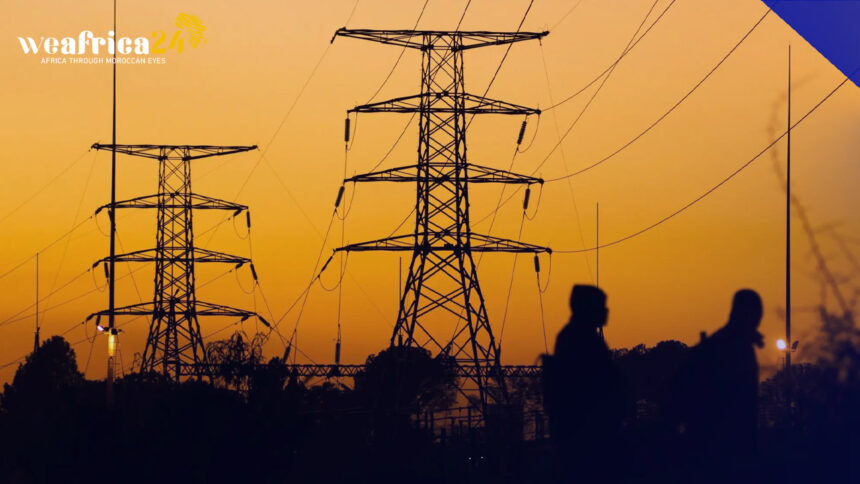Amidst mounting economic hardships, the prospect of the Bola Ahmed Tinubu-led federal government considering the removal of electricity subsidies has sparked widespread concern among Nigerians.
The Minister of Power, Adebayo Adelabu, recently indicated during a February 14th, 2024 briefing that the government’s indebtedness in the electricity sector, which has reached a staggering N3 trillion, renders the continuation of subsidies unsustainable.
This announcement has stirred apprehension among citizens, who are already grappling with escalating living costs, economic strain, and skyrocketing inflation, which soared to an alarming 29.90 percent in January 2024. Many fear that the removal of electricity subsidies would compound the hardships already exacerbated by previous actions such as fuel subsidy removal and currency devaluation.
The International Monetary Fund has urged Nigeria to discontinue electricity subsidies, aligning with its previous recommendations regarding fuel subsidies and currency adjustment. However, this has placed the government in a quandary, torn between implementing cost-reflective electricity tariffs or persisting with subsidy provisions.
According to data from the Nigerian Electricity Regulatory Commission, the country has expended a staggering N2.8 trillion on electricity subsidies from 2015 to 2022, with an additional N600 billion allocated in 2023 alone due to foreign exchange pressures and inflation-driven tariff hikes.
Nonetheless, Nigerians have not been shielded from the burden of electricity costs, as tariffs have increased multiple times over the past three years, despite persistent challenges such as inadequate supply, frequent outages, and deteriorating infrastructure.
Despite the privatization of the power sector in 2013, Nigeria continues to grapple with meager power generation, transmission, and distribution capacities, which fall significantly short of meeting the demands of its burgeoning population of over 200 million.
The recent spate of nationwide electricity shortages, attributed by the government to gas constraints, underscores the fragility of Nigeria’s power infrastructure and the urgent need for comprehensive reform.
While some advocate for the removal of electricity subsidies as a necessary step towards revitalizing the power sector, others argue in favor of retaining subsidies, viewing electricity provision as a fundamental social service.
Clarifying recent statements, Bolaji Tunji, special adviser on strategic communication and media relations to Minister Adebayo Adelabu, emphasized that the Minister merely presented various solutions to address the challenges facing the power sector. Ultimately, the decision on whether to maintain electricity subsidies or transition to cost-reflective tariffs rests with President Bola Ahmed Tinubu and the Nigerian populace.







